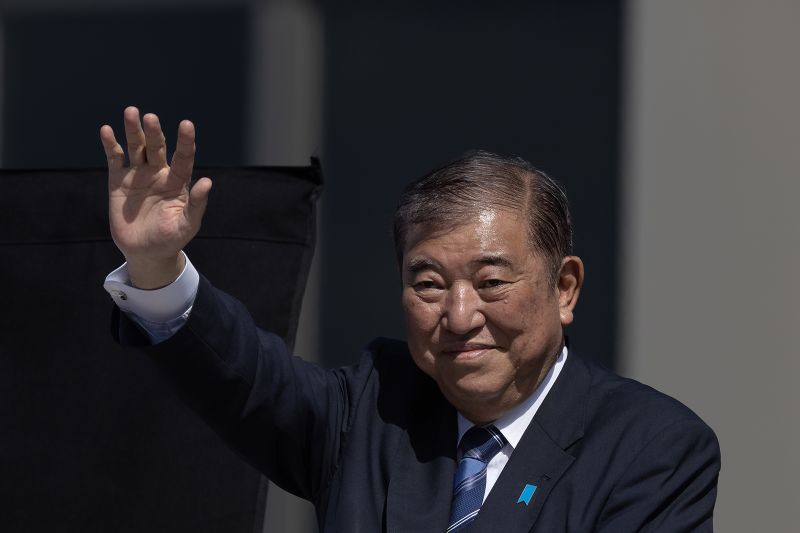The realm of Japanese politics has served up an entirely fresh narrative with the recent ascension of Fumio Kishida to the role of Prime Minister. In the past, it hasn’t been uncommon for the country’s top position to be filled by an experienced political force who has been steered through policy preparations, alliances, and even controversies. This time, however, Kishida’s stint as premier is characterized not only by his swift rise to power but also the major test lying ahead – an imminent general election.
Taking office in October 2021, Kishida has barely had time to unravel his playbook before the election deadline came knocking. The election bears significance not just for the personal political career of Kishida but also the future trajectory of the ruling Liberal Democratic Party (LDP).
Fumio Kishida is a seasoned political leader who has held various positions over his career, including Foreign Minister between 2012 and 2017. He is known for his mild-mannered approach and has made his political objectives clear, focusing on economic disparity and the well-being of the Japanese people.
However, the general election will put Kishida under immense scrutiny, challenging his policies and leadership style. It’s a daunting prospect for any leader to navigate a national election within weeks of taking up a new post, let alone in a nation as politically complex as Japan. Kishida will be under the microscope, with his decisions heavily influencing the international perspective of the country.
Kishida’s economic policies have been a point of focus for many analysts. He has proposed a new vision for the nation’s economy, promising to restructure capitalism and promote more equal wealth distribution. This Kishida-nomics approach is of particular interest, given the economic challenges Japan faces. However, the effectiveness of this policy is yet to be seen, which means the pending election is more crucial than ever. Kishida’s economic prowess will be under evaluation, posing a major test for the newly-appointed Prime Minister.
The novel coronavirus pandemic’s handling will also play a salient role. Given that Japan’s vaccination rollout has been slower than most other wealthy nations, the public health crisis’s management will be a critical battleground in the upcoming elections. Kishida’s leadership abilities amidst this crisis will heavily weigh on the election results.
Furthermore, Japan’s foreign diplomacy, particularly its relations with China, North Korea, and the United States, will be a significant point of interest in the forthcoming election. Kishida’s diplomatic strategies and relations with these countries, coupled with his approach to international diplomacy, will inevitably affect the Japanese people’s voting behavior.
With such an imminent and significant political event just weeks after taking office, the stakes are high for Kishida. The extent of his political strength, policy-making capabilities, and leadership charisma will determine not just the outcome of the election but also shape the future trajectory of Japan’s journey on the global stage.
The upcoming Japanese general election will hence offer a comprehensive reason to gage Prime Minister Kishida’s capabilities, strategies and political will under challenging circumstances. It will be a pivot point that could potentially redefine Japanese politics.




